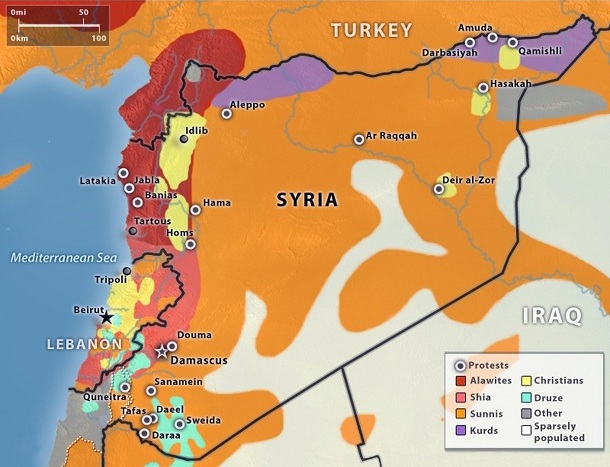Everyone experiences evil. It comes in many forms: pain, suffering, disease, disaster, death. Everyone seeks an answer to the questions: Is there any purpose to pain? Why did my loved one die? Why was our town bashed by the hurricane? Why did lightning strike our home? Why did the tornado rage through our neighborhood? Why do so many die of drought and starvation? A person would have to be totally insensitive not to wonder about the problem of evil. Putting it simply, humanity has always chosen wrongly.
Three basic answers to the overall problem of evil have been offered. Pantheism affirms God but denies that there is any evil. Everything is good we just have to learn to understand and accept life as it is.
Atheism affirms evil but denies God. If we can just educate and feed everyone, giving them all that they desire and need, we could put an end to sin. America has tried hard on this level, and the results are not so encouraging. In fact, just the opposite has happened. In denying God we have jumped into evil and sin with both feet & at the same time wonder what is wrong with the world. You don’t have to look further than your own heart.
Theism affirms both God and evil. The Bible gives us the best answer to the problem of good versus evil in our world today.
Scientist and head of the human genome project, Francis Collins, puts it this way: “Why would such a universal and uniquely human hunger [for God] exist, if it were not connected to some opportunity for fulfillment? Creatures are not born with desires unless satisfaction for those desires exists. A baby feels hunger: well, there is such a thing as food. A duckling wants to swim: well, there is such a thing as water.”
(The Language of God, p. 38)
C. S. Lewis said, “[When I was an atheist] my argument against God was that the universe seemed so cruel and unjust. But how had I got this idea of just and unjust? A man does not call a line crooked unless he has some idea of a straight line” (Mere Christianity, 45).
When God created the world, everything was good and perfect in His sight.
He did not “create” evil. Evil is not a physical entity. You cannot bottle it up and can it. Evil is essentially a perversion of what God created as good.
When God created angels and humanity He wanted to create moral beings.
That is God wanted creatures who had free will to choose the good. In order for there to be a choice, God had one tree in the garden which was forbidden to Adam and Eve. By choosing to be good, they would remain in the love and grace of God, leading Holy lives. Please read Genesis 2:15 ff.
God was very clear. Just one law had to be kept. Just one choice was put before Adam. Notice that the command was given to Adam before Eve was created. It was his responsibility to impress upon her the need to avoid the tree of the knowledge of good and evil. They could choose to obey, which would have kept evil out of the world. But in Chapter 3 we see how they chose to disobey God. It was that act of disobedience that brought evil (disobedience to God) into the world. As a result they were cast out of the Garden of Eden, into a fallen world where evil (sin) spread like a West Texas prairie fire. And their bodies immediately began to age, grow old and die.
You might be asking yourselves, “Well what about Satan? How did he get into this story, and what part did he play in bringing sin (evil) into this world? Satan was the angel of light, Lucifer. He was the brightest and most glorious of all the angels. Isaiah 14:12-16 “star of the morning” – translated Lucifer, shows us that his fall was over “pride”. He was not content with being a follower; he wanted to be like God himself. The moment he turned against God, evil was the by product. By rejecting God’s authority the Devil and a host of angels (1/3 of the heavens) went with him, as they tried to overthrow the Kingdom of God. Jesus cast him out of heaven, Luke 10:18. Also read Revelation 12:9 & 20:2-7 to see the end of the demonic world.
Once Lucifer (the Devil or Satan) came down into the garden, he became the motivating factor in Eve’s decision to disobey. He did this with a ½ truth, one of his favorite ploy’s in this world. He told Eve that she would be like God, knowing good and evil. And it was true, they knew good and evil from the side of defeat and not victory. But they didn’t become like God. Instead they became like the devil and his fallen host, whose tendency is always to disobey and foil the plans of God.
If Adam & Eve would have obeyed God at that decisive moment, they would have become like God, knowing the difference between good and evil from the side of victory, not defeat. As their descendants we continue to fight the age old problem of evil in our lives and in the world. There will be no peace, no freedom from sin and evil until our King Jesus returns.
“Maranatha” (Come quickly Lord!) – Pastor Mike







